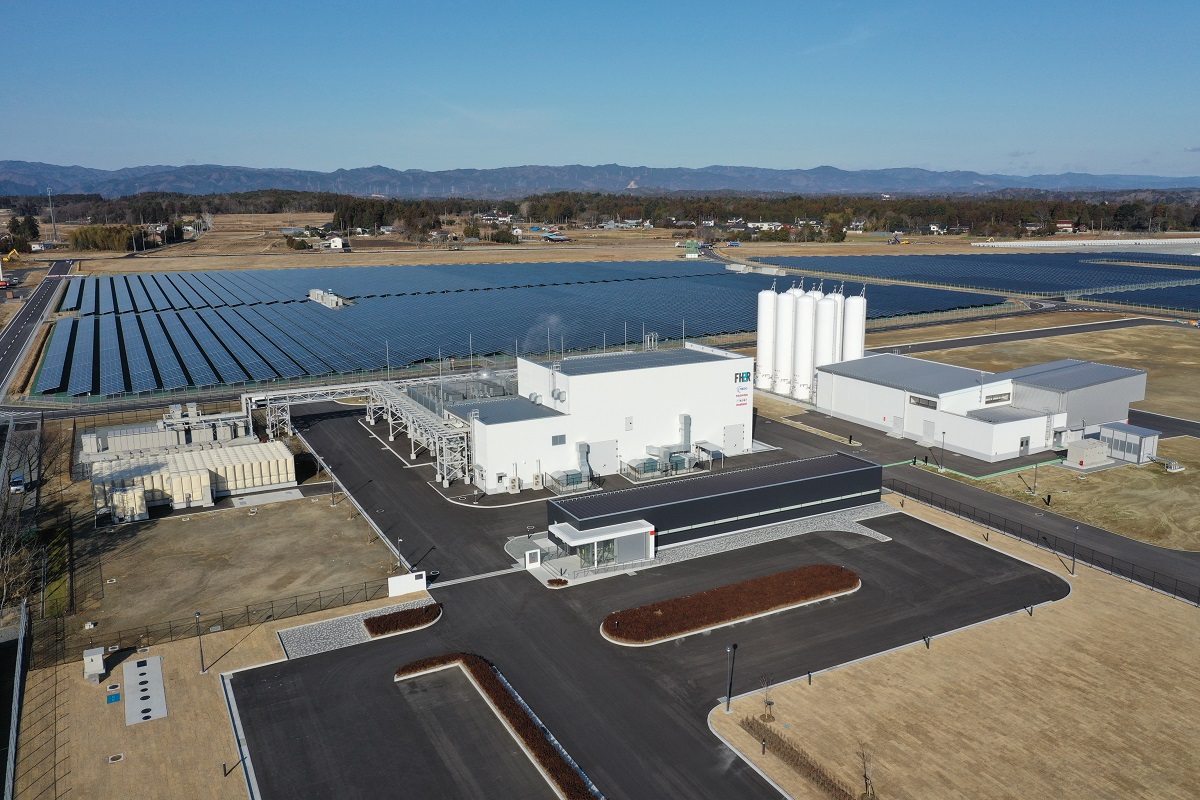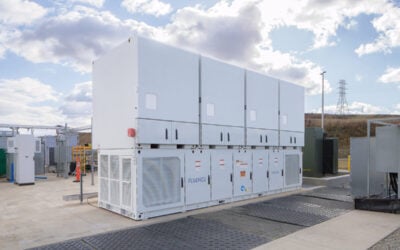
Support frameworks which address both green hydrogen supply and demand, as well as cross-border initiatives, will be pivotal to delivering affordable green hydrogen, a panel has concluded.
The ‘Gas & Hydrogen: Bridging the Gap’ panel, part of the ongoing Energy Storage Summit 2021 organised by Energy-Storage.news publisher Solar Media, brought together a panel of stakeholders of the green hydrogen economy, including advocacy groups, policymakers and project developers.
Kicking off the debate was Peter Duffy of the Irish Energy Storage Association, who discussed the potential for green hydrogen to address the “real challenge” of providing energy storage for periods of time beyond 48 hours and as long as two to three weeks.
“We need to look at other energy vectors… and hydrogen has to be a part of that future,” Duffy said.
Try Premium for just $1
- Full premium access for the first month at only $1
- Converts to an annual rate after 30 days unless cancelled
- Cancel anytime during the trial period
Premium Benefits
- Expert industry analysis and interviews
- Digital access to PV Tech Power journal
- Exclusive event discounts
Or get the full Premium subscription right away
Or continue reading this article for free
The industry consensus is that for green hydrogen to become competitive, it must be produced at costs of around US$2 per kilogram, and most jurisdictions with green hydrogen ambitions have established target production prices around that figure.
However with those fees some way off, there remains much discussion around how to support the industry, be it through subsidy support or another means. Barnaby Wharton, director of future electricity systems at UK-based trade body RenewableUK, said the trouble was identifying the right methods of support that could address all the different kinds and sizes of projects that were emerging.
“It’s complicated, but there are lots of ideas out there,” he said.
One such idea was posed during the session by João Galamba, Portugal’s deputy minister and secretary of state for energy, who argued the need for greater collaboration between public and private entities and to link green hydrogen production with its consumption and usage.
The Portuguese government is issuing a series of grants to support not just the CapEx of green hydrogen production facilities, but the OpEx – through means of a carbon Contracts for Difference (CfD) mechanism, which he declared as “crucial to kickstarting a proper hydrogen economy”.
That proposal was strongly welcomed by Felicia Mester, senior policy advisor at trade group Hydrogen Europe, who said stable legislative frameworks that addressed both CapEx and OpEx requirements for green hydrogen projects were required to stimulate investment.
“We need to view supply and demand measures as a whole, not just in isolation,” Mester added.
Portugal is also examining the best way of supporting cross-border hydrogen projects, citing their potential to achieve levels of scale that more localised facilities would not, helping deliver further benefits for hydrogen-based economies.
The Energy Storage Summit 2021 continues on 2, 3 March while all previous sessions are available to view on-demand for attendees. See the website for more details.





